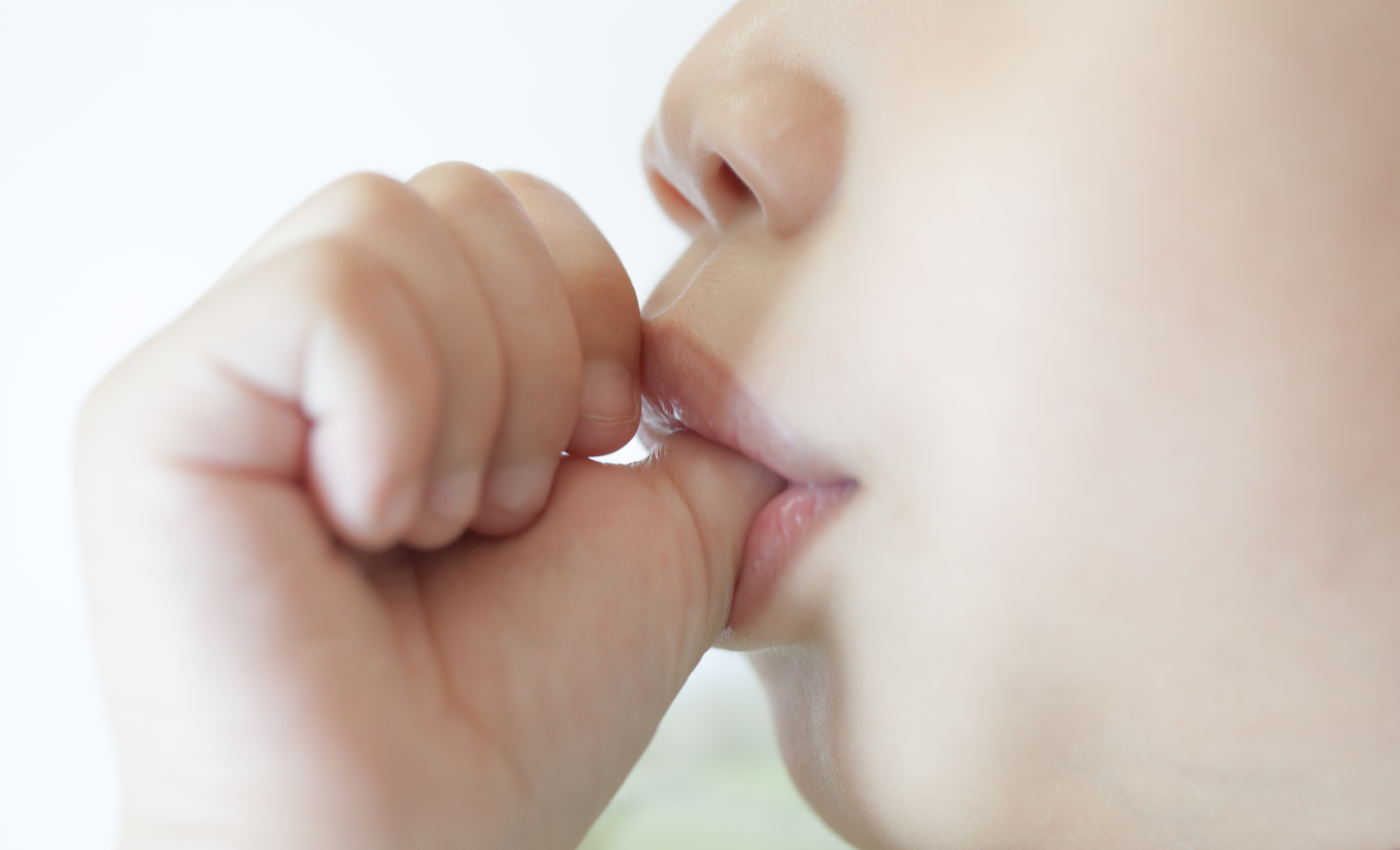It’s a fairly common occurrence among toddlers and young children, especially during times of stress. Thumb-sucking can be a calming mechanism. Most of the time, this habit tends to go away by the age of 4 or so. Still, every parent should be up to the challenge of helping their child not suck on their digits, for a variety of reasons.

Thumb sucking can lead to distorted and crooked teeth, with the front teeth sticking out too far (sometimes at weird angles). It can also easily pass, into their mouths, all the germs they have picked up during the day, leading to an increased risk of sickness. Additionally, children may become dependant upon the mechanism during times of stress and grief, leading to a practice of abnormal behavior when older. So, what steps as a parent can you take to help your child to quit sucking their thumbs, before it becomes a problem?
Use positive reinforcement.
Provide small rewards when they make the conscious decision not to suck their thumb. Remind them of this goal throughout the day and continue to help them achieve it through kind words, and possibly treats. As the behavior becomes less common, simply begin to back off of giving treats and rewards, until the behavior is completely eradicated.
Identify triggers.
Find the reasons that your child reverts to thumb-sucking; is it stress? What from? Identify the sources and times when your child is most likely to engage in thumb sucking; take a few moments to think of solutions. Many times, it is a comfort mechanism, in response to stress. Take the time to help your child learn to deal with stressful situations in a different manner. Offer coloring books, or regular books to read. Have them practice a stress-relieving activity, to your discretion. As a parent, this task will be important to nail down the root of the problem and help your child to overcome it.
Offer simple reminders.
If your child does continue to suck his or her thumb, usually without thinking, gently remind them to stop. While embarrassment is a tactic that many parents frequently use, it isn’t always effective. A better method is to simply come to expect it from them. Gently inform them that they are too old to be sucking their thumbs; it is something that babies and small children do. Perhaps even mention that it can hurt their teeth, if necessary. The key here is to help them to begin to realize that they must learn to deal with stress in a different way and grow out of their old habits.
At the end of the day, your child may not appreciate your efforts, but they will likely appreciate not having their mouth resemble this when they are older. The trick is to find a solution that works for you. Some children have a much tougher time of it than others, so don’t be discouraged if your child doesn’t immediately break the habit.
For more helpful tips on how to keep your kids in the habit of keeping their teeth and gums healthy and clean, check out our other blogs here.
